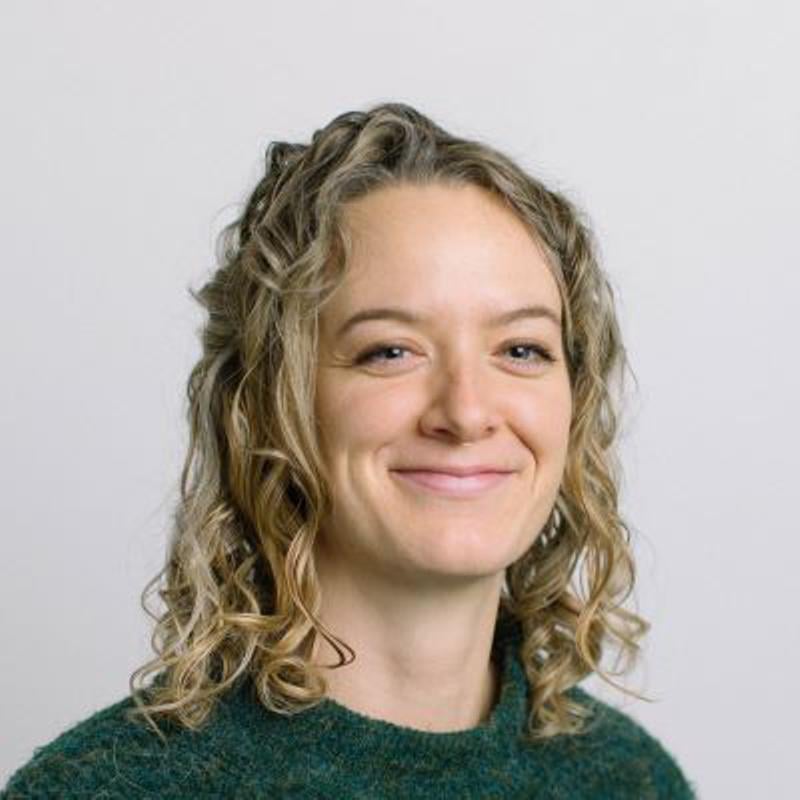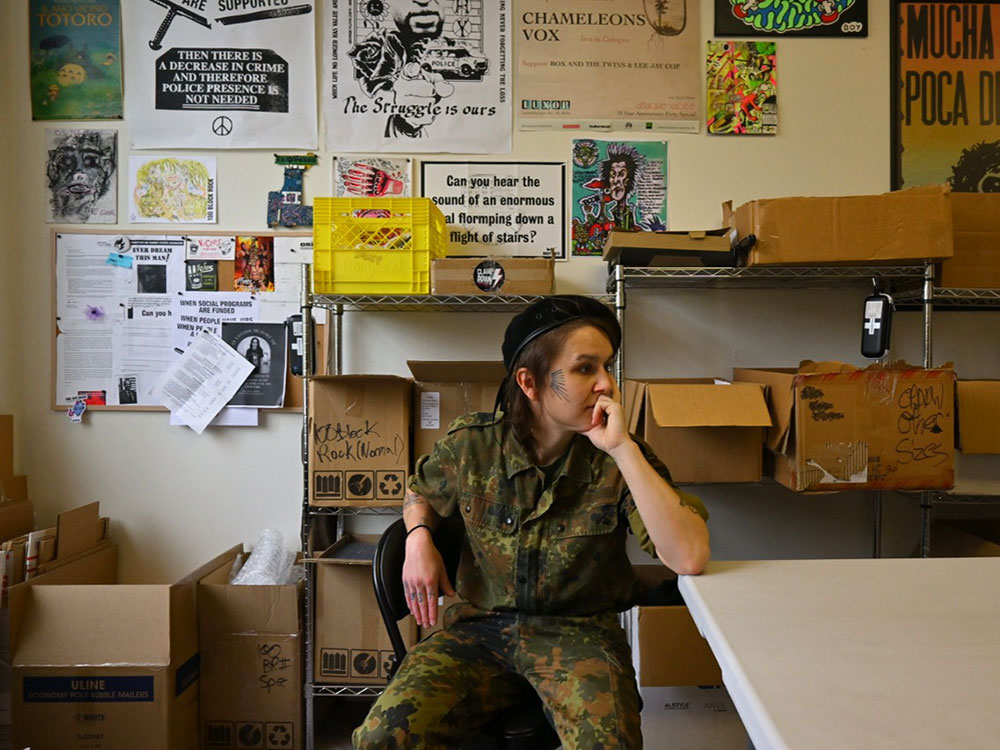The number of people dying each day due to a toxic drug supply decreased slightly in May compared to April, with 5.7 deaths per day compared to 7.3 deaths per day, respectively.
So far this year 1,018 people have lost their lives due to unregulated illicit drugs, according to the BC Coroners Service.
This month-to-month decrease is likely due to the illicit drug supply being slightly less toxic in May, says Brooke Kinniburgh, senior practice leader of harm reduction and substance use services with the BC Centre for Disease Control, who also serves as an epidemiologist. Next month a different round of drugs will be used and deaths could easily rise again, she says.
In a Monday press conference, chief coroner Lisa Lapointe said the ongoing public health emergency, which was first declared in April 2016, continues to be driven by illicit fentanyl, a synthetic opioid that is getting more and more potent.
It’s fentanyl, not prescribed safer supply, that is killing people, the BC Coroners Service notes on its website.
“Expedited testing in 2023 is positive for fentanyl in almost nine out of every 10 results, nearly double the positivity rate of methamphetamine and cocaine, the next most commonly identified substances,” Lapointe said.
“As long as people are reliant on the profit-driven unregulated market to access the substances they need their lives are at risk.”
Fentanyl is a common pain killer that many people have been prescribed for minor surgeries, says Eris Nyx, co-founder of Vancouver’s Drug User Liberation Front, also known as DULF. But it’s the potency of the fentanyl found in the illicit market that kills people: someone can think they’re taking a given dose, but it turns out the substance is 65 times stronger than what they were expecting, which makes them overdose and can kill them, she says.
Nyx co-founded DULF to do harm reduction, she says. She buys illicit drugs like cocaine, meth and heroin from the dark web, rigorously tests them, and sells them at cost to program members. This allows participants to know what drugs they are buying and the potency of the drugs.
Every month when the coroner updates B.C.’s death toll, DULF hands out tested cocaine, meth and heroin for free to people who use drugs.
So far no one using their drugs has died, Nyx says.
DULF has applied for permits and exemptions through Health Canada to continue its program but for now the team operates in a legal grey area.
She says she’s aware that she’s trafficking illegal drugs and could go to jail, but adds she has to try to save lives.
“This is the only sane response in an insane situation,” she says.
Since the public health emergency was declared at least 12,264 people have died in the province. That makes unregulated drug toxicity the leading cause of death in B.C. for people aged 10 to 59. More people die from toxic drugs than die from homicide, suicide, accidents and natural disease combined, the Coroners Service noted.
So far this year one quarter of the people who died have been aged 30 to 39, 23 per cent were 40 to 49 years old, and 22 per cent were 50 to 59 years old. More than three quarters were male.
“Everyone I know and love is dead,” Nyx says, adding a close friend just died last week. She tattooed his name, Tommy, on her arm.

Less than one per cent of the total deaths have been people 18 years old and younger.
This is a pattern that has more or less been the same since 2013, which is as far back as data on the BC Coroners Service goes.
At Monday’s press conference, Minister of Mental Health and Addictions Jennifer Whiteside said the toxic drug crisis is “undoubtably one of the biggest challenges this province has faced.”
It’s “horrifying” that 176 people across the province died this month, BCCDC’s Kinniburgh says. That’s at least 176 families who are mourning the loss of a mother, brother, son or family member.
“It’s a huge amount of loss,” she adds.
Kinniburgh says even though deaths have been steadily rising since 2019, harm reduction policies in place are working. This is a “complex emergency” which calls for many different services to be available for when people who use drugs want to access them, she says. Needs will vary community to community, she adds.
She points to various harm-reduction programs that are helping keep people alive:
- Take-home naloxone kits, which temporarily reverse opioid overdoses (but cannot reverse the effects of benzodiazepines, a depressant commonly mixed into opioid-based street drugs, which can cause loss of consciousness);
- Supervised consumption sites, where a health-care worker watches people take drugs and can step in if someone overdoses;
- Prescribed safer supply, where a clinician prescribes pharmaceutical alternatives to street drugs so someone knows the potency and type of drugs they’re taking; and
- Opioid agonist therapy, where people use long-lasting opioids that provide no euphoric effects to manage their withdrawal symptoms.
B.C. is only a couple months into its decriminalization pilot project, which allows people to carry up to a total of 2.5 grams of certain drugs, Kinniburgh says. In a couple more months the BCCDC may be able to analyze the impacts of people feeling safer to access services, or speak with their friends, family and health-care provider about the drugs they take, she says.
Nyx says until B.C. decriminalizes all drugs and provides alternatives to the illicit supply that are as strong as and cheaper than illicit drugs, “you’ll see more deaths.”
“You have to undercut the illicit market to defeat it,” she adds.
She recommends legalizing and heavily regulating the market so that people who want to buy drugs can, similar to buying cigarettes or scotch.
“I’m not a proponent of drugs. If you choose to use drugs you should be able to use safely,” she says. Prohibition means there’s no regulations, and that’s the most dangerous approach of all, she adds.
People who use drugs often do so for a period of time before hitting their rock bottom and changing their lives, she says. People are always changing, and “that’s the beautiful thing about humans,” she adds.
“But you can’t help anyone when they’re dead.” ![]()
Read more: Health, Rights + Justice

















Tyee Commenting Guidelines
Comments that violate guidelines risk being deleted, and violations may result in a temporary or permanent user ban. Maintain the spirit of good conversation to stay in the discussion and be patient with moderators. Comments are reviewed regularly but not in real time.
Do:
Do not: